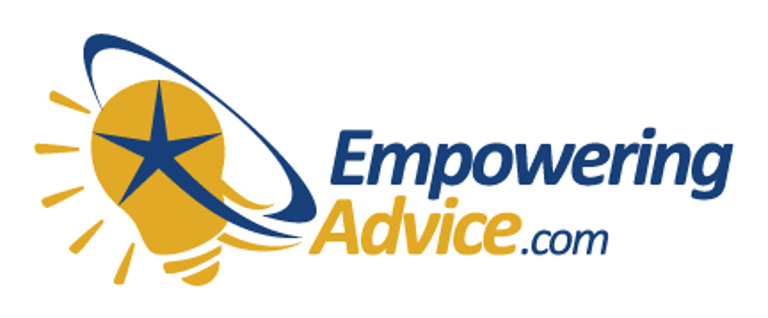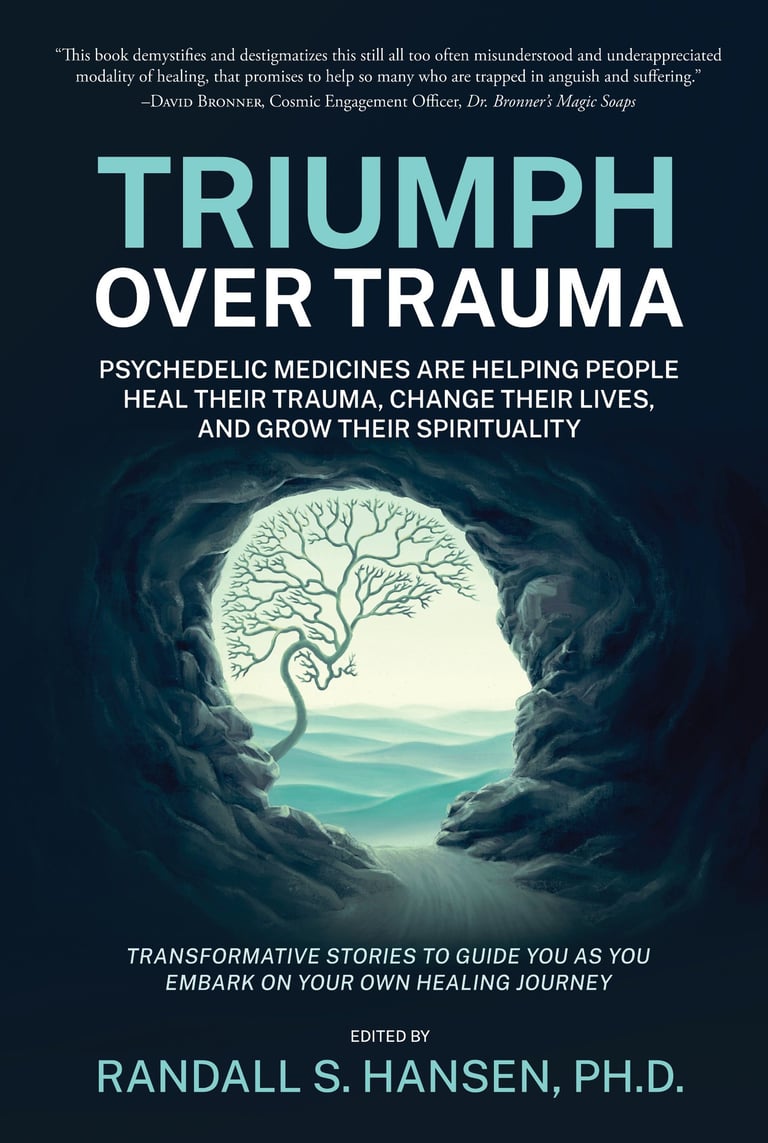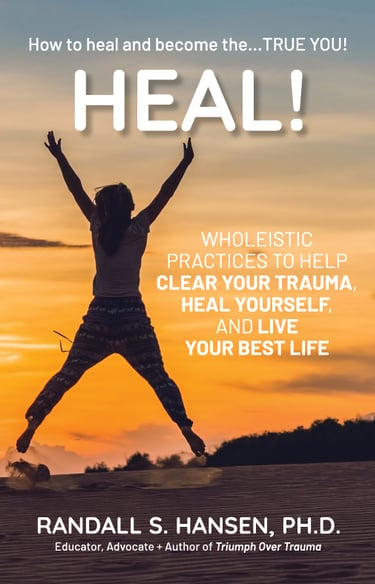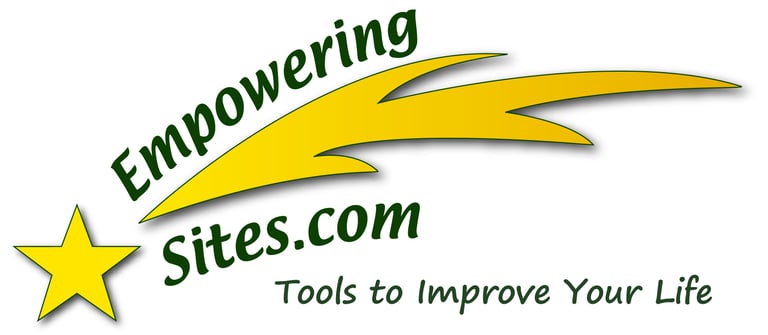Frequently Asked Questions About Psychedelic Medicines: 1-10
Here is a collection of the most commonly asked questions about psychedelics. Find your answers here: Psychedelic FAQs 1-10.
1. Shouldn't I just say no to psychedelics?
Any medical/health choice is yours to make, but eliminating perhaps one of the best classes of medicines (many of which are natural substances) simply because of 50 years of propaganda would be a shame.
These medicines are finally getting the detailed research they deserve -- and most of the results are astounding -- and unexpected. Consuming psychedelic medicine with intent is seeing tremendous results in clinical trials, further supported by thousands of years of use by indigenous people around the globe.
Psychedelics are being hailed as a key tool in the battle against depression and mood disorders, anxiety, control disorders (eating, ODC), addiction (alcohol, opioids), and more.
2. Aren't psychedelics just recreational?
While there will always be people who take drugs for their recreational value, after decades of misinformation, scientists and clinic studies around the world are publishing promising results for the potential these medicines have in a variety of areas, including:
Post-traumatic stress (PTS)
Depression and mood disorders
Anxiety
Addictions (smoking, drinking, opioids)
Control disorders (eating, OCD)
Cluster headaches, migraines
Furthermore, these medicines are also being used for spiritual awakenings and for transformational learning.
3. How can psychedelics help me?
These psychedelic medicines can be truly transformative. They are tools that you can use to face hidden (and not so hidden) traumas, demons, and negative thoughts/feelings -- and remove the negative effects those things are causing in your life.
These psychedelic medicines will show you exactly what needs to be healed within you -- and then it's up to you, through a process we call integration, to heal yourself and move forward with your life.
Psychedelics are not just for mental healing, but spiritual healing and awakening as well. At higher doses of these medicines, people report talking with angels, Jesus, and even God/The Creator itself.
Finally, if you are seeking clarity or trying to find novel and unique solutions to a complex problem, then these psychedelic medicines can also help you uncover unique solutions.
4. Are psychedelics safe?
What is safe? If you are taking any prescription drugs, are they safe?
Psychedelic medicines are not recommended for everyone, but they are much safer than most prescription drugs (with their ridiculous lists of side effects). Psychedelics are much safer than alcohol and tobacco, let alone the various street drugs.
People with certain mental conditions (such as those with schizophrenic tendencies) and those with physical health conditions (such as breathing, and heart issues) should not consume psychedelic medicines. People taking certain prescriptions for depression/mood disorders/anxiety may need to taper down the dosages to get the best effects from the psychedelics.
5. Are all psychedelics the same?
Yes and no. For simplicity, experts have decided to list eight major psychedelics. (In reality, there may be an almost infinite number of psychoactive and hallucinogenic substances that can be synthesized in the lab.)
Of those eight psychedelic medicines, six are considered classic psychedelics -- also called serotonergic psychedelics, meaning these substances work by activating the 5HT2A receptors, causing shifts in perception, potential ego death/dissolution, and introspection. These medicines include LSD, psilocybin, DMT, ayahuasca, ibogaine, and mescaline.
The other two main "psychedelics" -- ketamine and MDMA -- are in their own classes. Ketamine is a NMDA-based dissociative, which works by blocking NMDA receptors. MDMA is classified as an empathogen, a class of substances that are able to elicit strong feelings of empathy in users.
Learn more about these medicines in my article, How to Prepare for Your First Psychedelic Experience.
6. Can someone overdose on psychedelics?
The short answer is that you can overdose on anything -- if you try hard enough.
Believe it or not, the true psychedelics (LSD, psilocybin, mescaline, DMT, ibogaine, ayahuasca) are some of the safest drugs available; in fact, if you have nutmeg at home for baking, it has the potential to be much more harmful if overconsumed compared to a psychedelic.
Ketamine and MDMA, while safe in controlled doses, are slightly different than the traditional psychedelics.
7. Am I simply trading one drug addiction for another?
No. People usually ask this question in regard to the power of psychedelic medicines to have a dramatic impact on breaking addiction.
Unlike alcohol and street drugs (such as heroin, cocaine, meth, etc.), these psychedelic medicines are not addictive and the vast majority of people taking them with intention do so for healing -- and at the doses many take, there is no interest or need to keep consuming.
Of course, almost anything can be the focus of an addiction, and if there are any psychedelics that have a higher chance of repeated use -- recreationally -- it would be MDMA and ketamine.
8. How can I go about taking a psychedelic medicine?
It depends -- and it will probably depend for many years into the future as the psychedelic landscape continues to evolve, ideally with several of these medicines being reclassified as medicinal and therapeutic.
That said, you have four options for completing an intentional psychedelic experience.
Complete treatment at a clinical trial
Complete treatment at a legal healing center/retreat center
Complete treatment using underground healing center (not advised)
Complete treatment on your own, purchasing from an underground seller (not advised)
Things to know. Trials are well underway for MDMA and psilocybin. LSD has just started back in clinical trials. Ketamine is legally available at clinics (including several that offer telehealth services) around the country. Ayahuasca, Ibogaine, and psilocybin are legal in a very small number of countries. Mescaline is an official sacrament of the Native American Church (and thus legal for members).
9. How can I source psychedelic medicines?
Perhaps the toughest question to answer -- for a variety of reasons.
Most of these psychedelic medicines are currently classified as illegal at the U.S. federal level (thus making them illegal everywhere except small pockets of places that have moved to decriminalize small amounts of the substances... thus, go into this whole process with open eyes.
First, you could legally consume these psychedelic medicines by participating in one of several scientific trials occurring around the country.
Second, there are some suppliers operating in the gray market, but many more are completely underground, making private sourcing a tough issue. And, of course, there are scammers pretending to sell these medicines. Consider joining a psychedelic society, where members may be able to recommend reputable sources.
Third, there are places around the world where these substances are legal, thus you could travel to these places to source and hold ceremony.
Fourth, there are underground healing centers, facilities, and "churches" offering psychedelic medicine ceremonies.
10. What is the best psychedelic medicine for newbies?
Certainly, the most popular and widely used psychedelic medicine is psilocybin, since there are hundreds of varieties of "magic" mushrooms growing around the world. The duration of the experience is also not too long -- sort of in the middle for all psychedelics (approximately 4-5 hours).
Of the class psychedelics, mescaline might be the next best for first-timers, as the medicine is fairly mild and very heart-opening.
Finally, MDMA is also extremely heart-opening -- with none of the hallucinations/visions associated with the other psychedelics.
Continue reading to view the next 10... Psychedelic FAQs 11-20
Additional Psychedelic Posts from Dr. Randall
Five Things to Consider Before Jumping into Healing Through Plant Medicines
Reasons to Consider Using a Trip Sitter for Your Psychedelic Experience
Additional Psychedelic FAQs
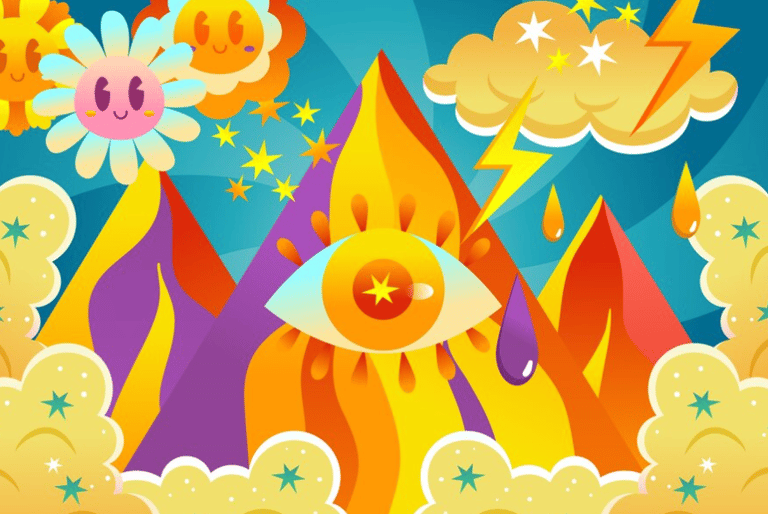

Dr. Randall Hansen is an advocate, educator, mentor, ethicist, and thought-leader... helping the world heal from past trauma. He is founder and CEO of EmpoweringSites.com, a network of empowering and transformative Websites, including EmpoweringAdvice.com.
He is the author of the groundbreaking Triumph Over Trauma: Psychedelic Medicines are Helping People Heal Their Trauma, Change Their Lives, and Grow Their Spirituality and the well-received HEAL! Wholeistic Practices to Help Clear Your Trauma, Heal Yourself, and Live Your Best Life.
Dr. Hansen's focus and advocacy center around true healing ... healing that results in being able to live an authentic life filled with peace, joy, love. Learn more by visiting his personal Website, RandallSHansen.com. You can also check out Dr. Randall Hansen on LinkedIn.
